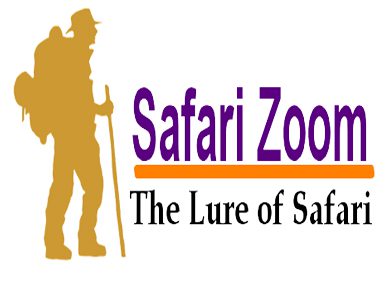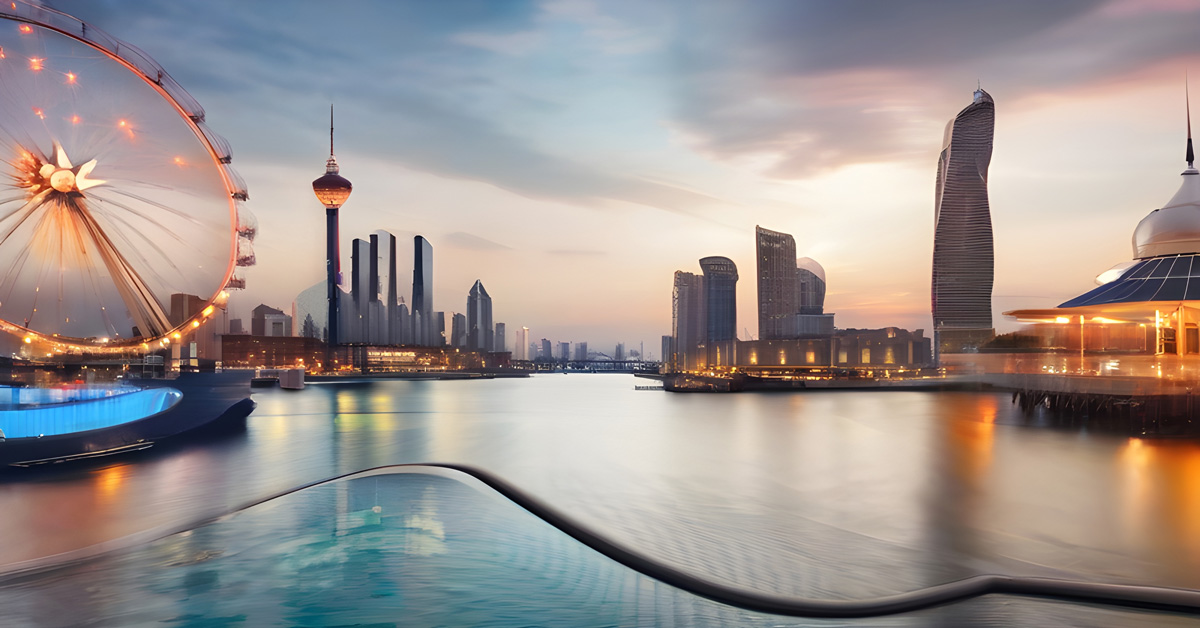The Global Tourism and Hospitality Sector: Navigating the Competitive Landscape
The global tourism and hospitality industry is a dynamic and rapidly evolving landscape, marked by fierce competition and constantly shifting consumer preferences. As the world emerges from the challenges of the past few years, understanding the competitive dynamics within this sector is crucial for businesses looking to capitalize on emerging opportunities.
Analyzing the Industry’s Competitive Forces
One of the key factors shaping the competitive landscape of the tourism and hospitality industry is the intensity of rivalry among existing players. With a proliferation of hotels, resorts, airlines, and tour operators, companies are constantly vying for market share, often engaging in price wars and aggressive marketing campaigns to differentiate themselves. The rise of online booking platforms and the increasing power of OTAs (Online Travel Agencies) has further intensified this rivalry, as businesses strive to maintain visibility and secure bookings.
Moreover, the threat of new entrants is an ever-present concern. Low barriers to entry in certain segments, such as the sharing economy and short-term rentals, have opened the door for new players to disrupt traditional business models. Emerging technologies, such as AI-powered concierge services and blockchain-based loyalty programs, have also introduced innovative solutions that challenge established industry players.
Adapting to Shifting Consumer Preferences
Alongside the competitive pressures, the tourism and hospitality industry must also navigate the evolving preferences and demands of consumers. Travelers today are increasingly seeking unique, personalized experiences, prioritizing sustainability, and embracing the opportunities presented by digital technologies. Companies that can quickly adapt to these changing needs and preferences will be better positioned to gain a competitive edge.
For instance, the growing emphasis on sustainable tourism has prompted many businesses to reevaluate their operations and implement eco-friendly practices. Likewise, the rise of experiential travel has driven hotels and tour operators to curate bespoke, immersive experiences that cater to the desires of discerning travelers.
Leveraging Technological Advancements
The integration of technology has been a critical factor in shaping the competitive landscape of the tourism and hospitality industry. From online booking platforms to AI-powered chatbots, businesses are leveraging digital solutions to enhance the customer experience, streamline operations, and gain a competitive advantage.
The adoption of data analytics and predictive modeling has enabled companies to better understand their target market, optimize pricing strategies, and personalize offerings. Meanwhile, the integration of emerging technologies, such as virtual reality and augmented reality, has opened up new avenues for immersive experiences and remote engagement.
Strengthening Partnerships and Collaboration
In response to the intense competition and evolving market dynamics, many tourism and hospitality businesses are turning to strategic partnerships and collaborative initiatives to bolster their market position. These alliances can take various forms, ranging from co-marketing agreements and joint ventures to shared service platforms and cross-industry collaborations.
By leveraging the strengths and resources of complementary partners, companies can expand their reach, enhance their product and service offerings, and gain access to new customer segments. Additionally, collaborative efforts in areas like sustainability, destination marketing, and talent development can help the industry as a whole navigate the challenges and capitalize on the opportunities that lie ahead.
Navigating Regulatory Landscapes and Global Disruptions
The tourism and hospitality industry is also heavily influenced by regulatory frameworks and global events that can disrupt the competitive landscape. From shifts in visa policies and travel restrictions to pandemics and geopolitical tensions, businesses must remain agile and adaptable to respond effectively to these external factors.
Navigating the complexities of different regulatory environments, managing compliance requirements, and mitigating the impact of global disruptions can be a significant challenge for companies operating in the tourism and hospitality sector. However, those that can effectively manage these risks and uncertainties will be better positioned to seize new opportunities and maintain a competitive edge.
The global tourism and hospitality industry is a highly competitive and dynamic landscape, shaped by a multitude of factors, from the intensity of rivalry among existing players to the evolving preferences of consumers. By understanding these competitive dynamics, leveraging technological advancements, strengthening partnerships, and adapting to regulatory and global changes, businesses can position themselves for success in this rapidly evolving market.




